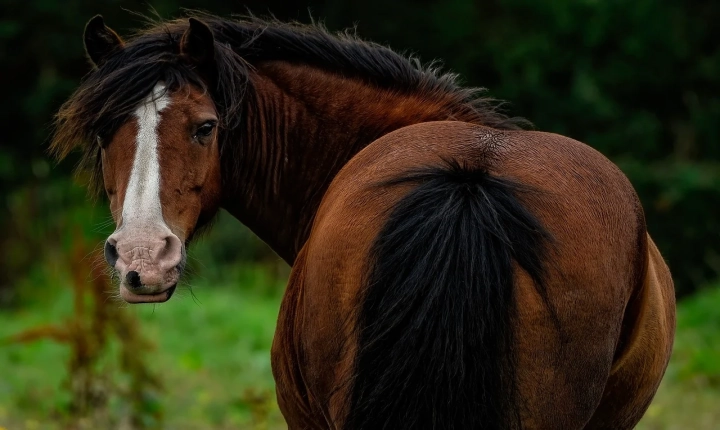Title: How to Photoshop with AI: The Future of Photo Editing
In recent years, the world has seen an explosion in the use of artificial intelligence (AI) in various industries, including photo editing. With the advent of AI-powered software, the process of photo manipulation has been revolutionized, making it easier and more accessible to both professionals and amateurs alike. In this article, we will explore the ways in which AI can be harnessed to enhance and edit photographs, while discussing the benefits and considerations of using AI in photo editing.
AI-powered photo editing software offers a range of advanced features that can dramatically improve the editing process. One of the key advantages of using AI in photo editing is the ability to automate tedious and time-consuming tasks. For example, AI can be used to remove unwanted objects from a photograph, enhance colors, and even apply artistic filters with just a few clicks. This not only saves time, but also allows for greater creative freedom and experimentation.
In addition to automating tasks, AI can also assist in the enhancement of image quality. With AI algorithms that can recognize and correct imperfections in photos, such as noise reduction, sharpening, and image stabilization, users can produce professional-looking images without the need for advanced technical skills. This is particularly beneficial for those who are new to photo editing or simply want to improve the quality of their images without a steep learning curve.
Moreover, AI can be used to intelligently retouch portraits and enhance facial features in a natural-looking way. By leveraging facial recognition technology and advanced editing techniques, AI can effectively remove blemishes, smooth skin, and adjust facial features to create stunning, high-quality portraits. This level of precision and control has never been easier to achieve, thanks to AI-powered photo editing tools.
It is important to note, however, that while AI has undoubtedly revolutionized the photo editing process, there are certain considerations to keep in mind when using AI-powered software. Firstly, users should be aware of the ethical implications of AI in photo editing, particularly in relation to the potential for misleading or manipulating images. It is crucial to use AI responsibly and ethically, especially when editing photos for professional or commercial use.
Additionally, while AI can automate many aspects of the editing process, it is not a substitute for the creativity and intuition of a skilled photographer or editor. AI should be seen as a tool to enhance and streamline the editing process, rather than a replacement for human expertise and judgment. Furthermore, as with any technology, AI-powered photo editing tools require continuous learning and adaptation in order to maximize their potential.
In conclusion, AI has revolutionized the world of photo editing, offering a wide range of advanced features that can enhance and streamline the editing process. With the ability to automate tasks, improve image quality, and intelligently retouch portraits, AI-powered photo editing software represents the future of photo manipulation. However, it is important to use AI responsibly and ethically, and to recognize that AI is a tool to complement, rather than replace, human creativity and expertise. As the technology continues to advance, AI and photo editing will undoubtedly evolve in new and exciting ways, offering endless possibilities for photographers and editors alike.
